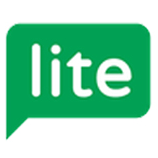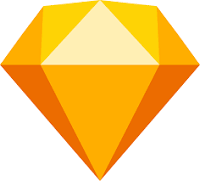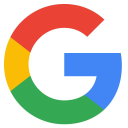How I Started A Writing School That Generates $10K/Month With Minimal Marketing Spend
Hello! Who are you and what business did you start?
My Name is Valentin Decker, I am 30 this year and started Sauce Writing just before the pandemic, in 2020.
Sauce Writing is an online writing school that helps professionals accelerate their careers through online writing, on the French market. I host online bootcamps almost every month.
A few figures about the business: Sauce Writing helps 100+ students every year, and will do between 120K€ and 150K€ in revenue in 2023 with an emailing list of 5K people.

What's your backstory and how did you come up with the idea?
I published my first articles on the internet on Medium in 2016. At that time, I had no idea of the power of writing and what this discipline would bring to my life. You can still see my old articles here....
































